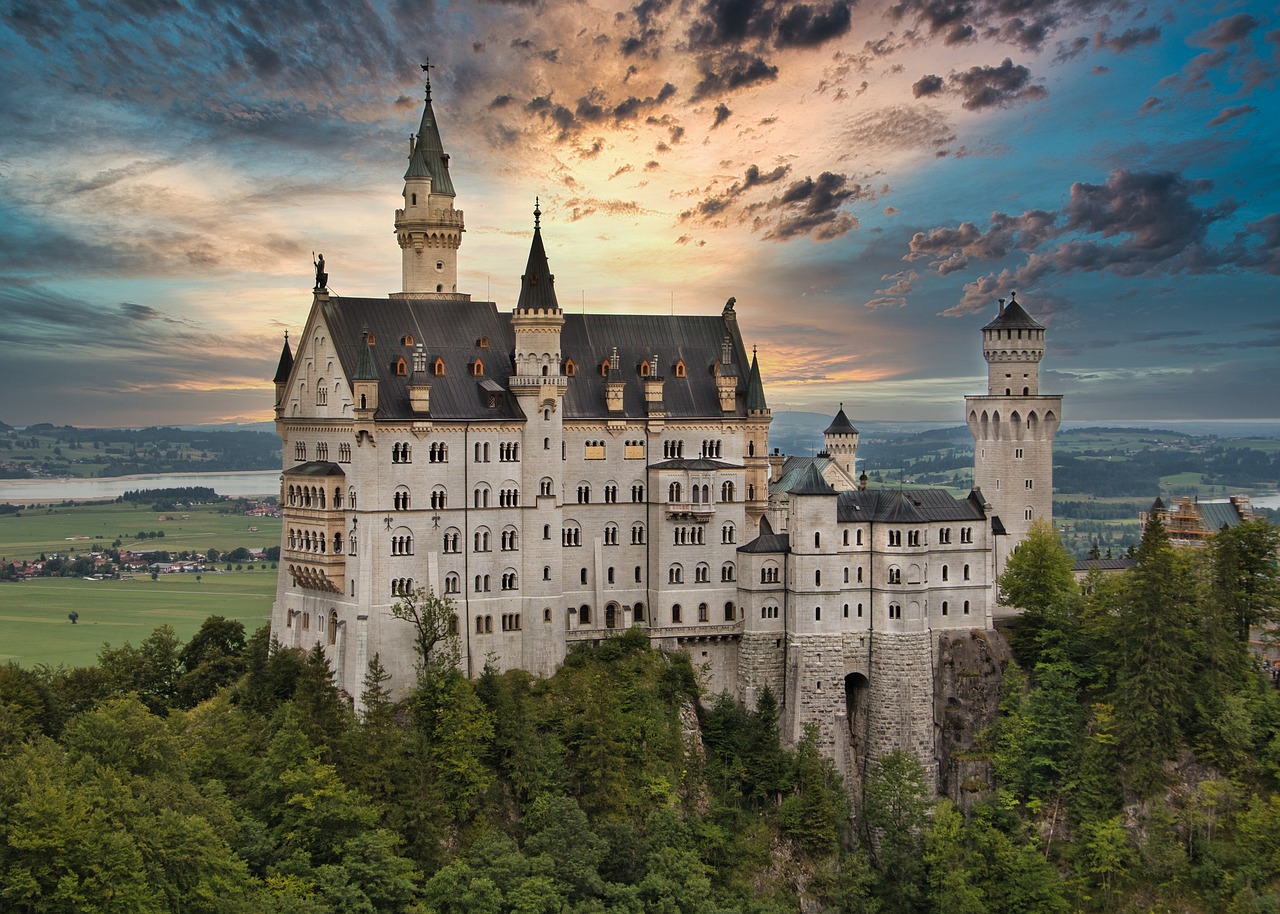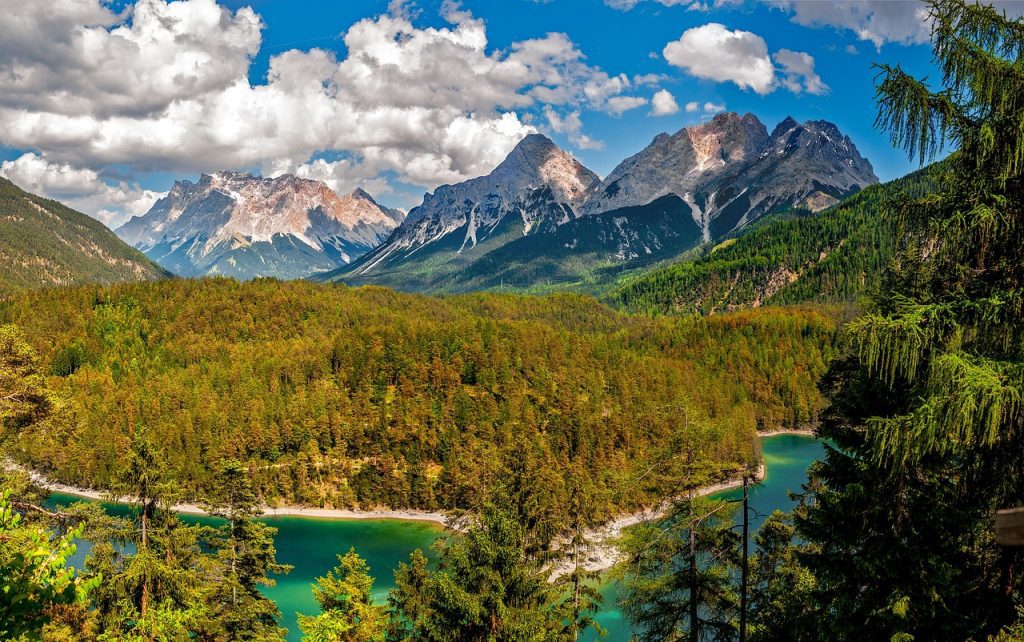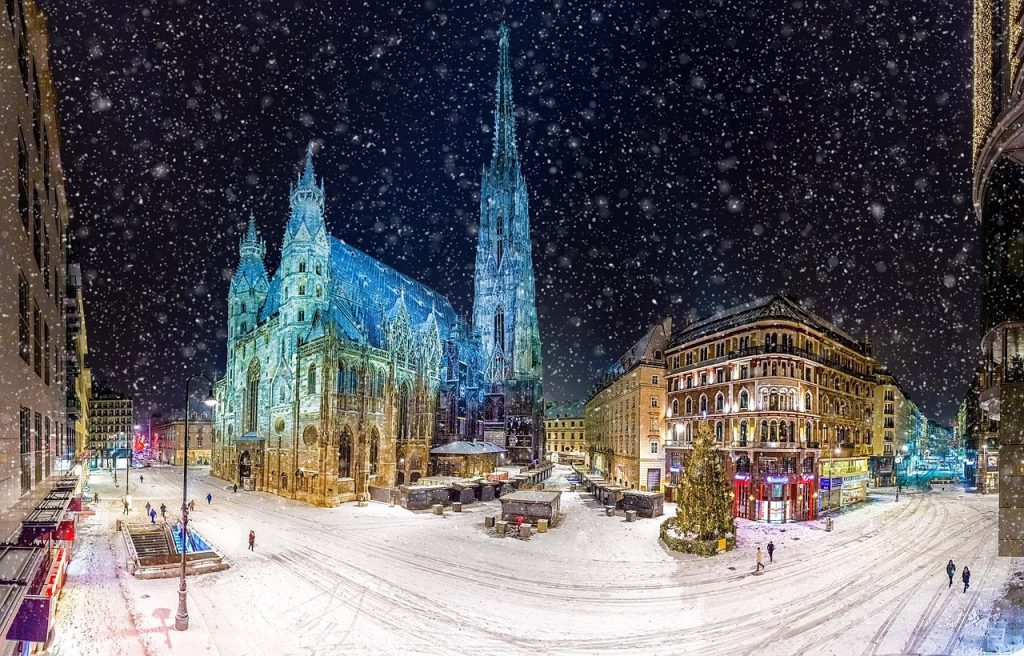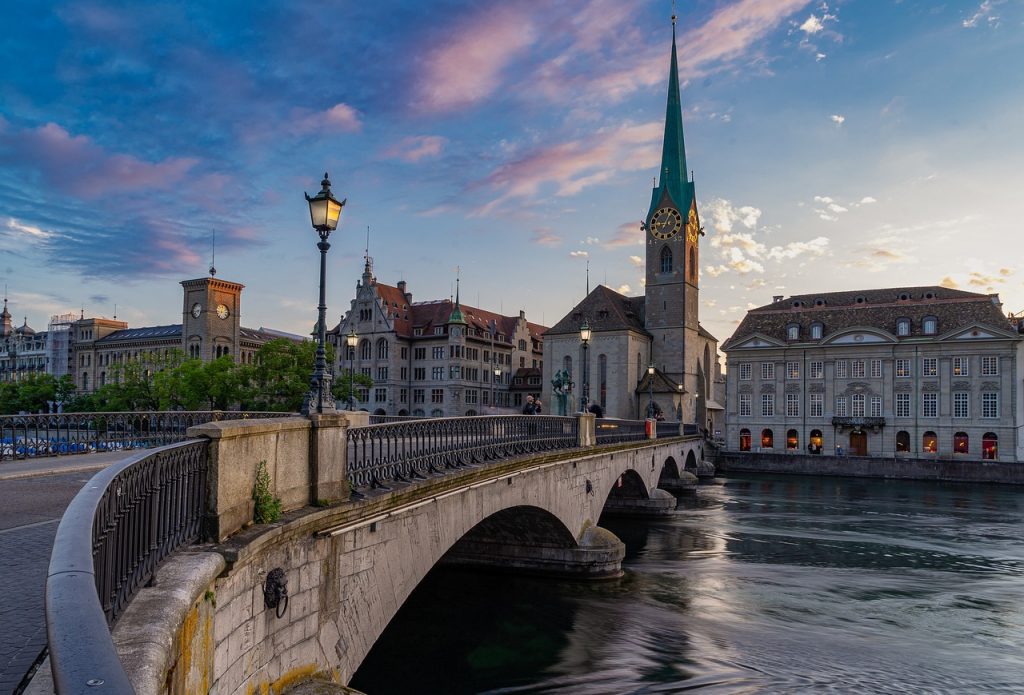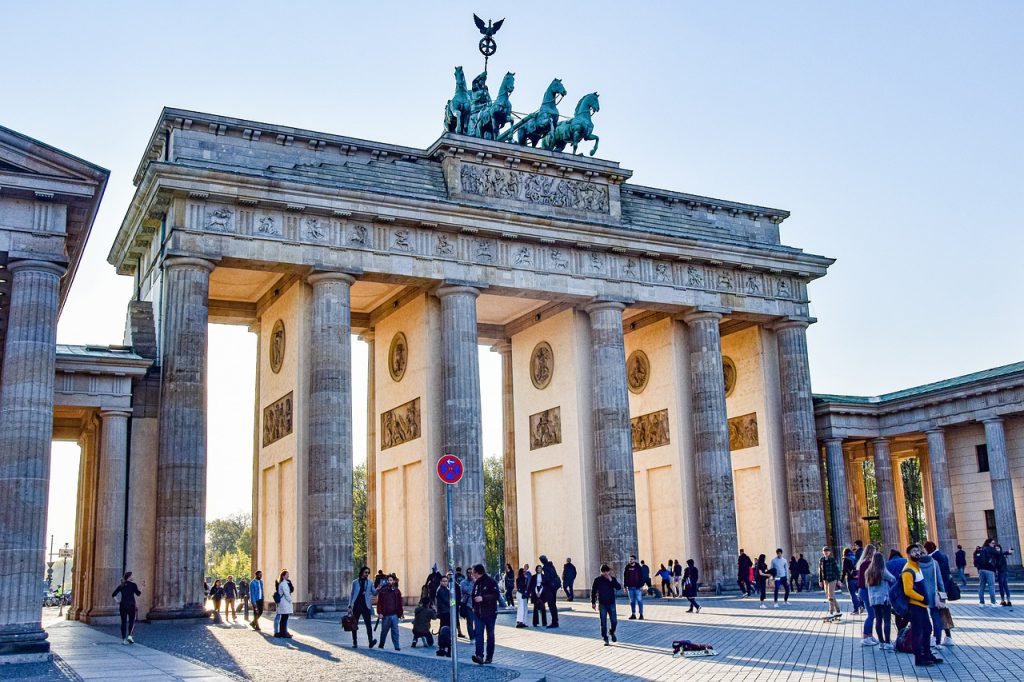Germany is a country steeped in history, culture, and natural beauty. The country offers something for every traveler. From the bustling streets of Berlin to the enchanting forests of Bavaria, the country’s diverse landscapes and attractions beckon visitors year-round. But when is the best time to visit Germany?
It is important to review the seasons, and other factors to help you plan your ideal German adventure. As you build your travel puzzle you will begin to identify the best time to go to Germany for your magical vacation.
Best Time to Visit Germany Based on the Weather
Spring (March to May):
Spring is a delightful time to explore Germany. The weather begins to warm up, and the landscape transforms with blossoming flowers and lush greenery. Daytime temperatures range from 50°F to 65°F (10°C to 18°C), making it perfect for outdoor activities and sightseeing. However, be prepared for occasional showers, so packing an umbrella is wise.
Summer (June to August):
If you prefer warm weather and longer daylight hours, summer is the best time to visit Germany. Average temperatures range from 65°F to 75°F (18°C to 24°C), but can sometimes reach higher. This season is ideal for hiking in the Bavarian Alps, swimming in the North Sea, or enjoying outdoor festivals and beer gardens. However, it’s also the peak tourist season, so popular destinations may be crowded, and prices can be higher.
Autumn (September to November):
Autumn in Germany is picturesque with vibrant foliage and pleasant weather. Temperatures range from 50°F to 65°F (10°C to 18°C), making it comfortable for exploring cities and the countryside. It’s a great time for wine enthusiasts to visit the vineyards along the Rhine River. Crowds begin to thin out compared to the summer months, and you can enjoy cultural events without the hustle and bustle.
Winter (December to February):
If you’re a fan of winter sports and holiday markets, winter is an excellent time to experience Germany. The Christmas markets, especially in cities like Nuremberg and Munich, are magical. Winter temperatures range from 30°F to 45°F (-1°C to 7°C) in most regions, but can be colder in the mountains. Skiing, snowboarding, and ice skating are popular activities in the Alps. Just be prepared for shorter daylight hours.
Best Time to Visit Germany Based on Prices and Crowds
Low Season (November to March):
This is the low season in Germany, except for the Christmas and New Year period when prices tend to rise. You’ll find fewer tourists, lower hotel rates, and more availability at attractions. However, the weather can be cold and some tourist sites may have reduced hours or be closed.
Shoulder Seasons (April to June, September to October):
The shoulder seasons offer a balance between pleasant weather and manageable crowds. Prices for accommodations and flights are often more reasonable, and you can enjoy a more relaxed experience at popular destinations.
High Season (July to August):
Summer is the high season in Germany, especially in tourist-heavy areas. Prices for accommodations, flights, and attractions can be at their highest during this period. Be sure to book in advance if you plan to visit during the summer months.
Discovering Germany’s Cultural Experiences
Germany is a country rich in culture and traditions, and throughout the year, it hosts a multitude of cultural events that celebrate its heritage. From lively festivals to classical concerts, here are the top 10 annual cultural events in Germany:
-
Oktoberfest
- Location: Munich
- Date: Late September to the first weekend in October
- Description: Oktoberfest is the world’s largest beer festival, attracting millions of visitors from around the globe. Visitors can enjoy a wide variety of Bavarian beers, traditional food, and live music.
-
Carnival of Cologne (Kölner Karneval)
- Location: Cologne
- Date: February/March (varies with Easter)
- Description: This vibrant and colorful carnival is known for its elaborate costumes, parades, and street parties. It kicks off on Weiberfastnacht (Women’s Carnival Day) and lasts for several days.
-
Berlin International Film Festival (Berlinale)
- Location: Berlin
- Date: February
- Description: Berlinale is one of the world’s leading film festivals, showcasing a wide range of international films. It’s a platform for filmmakers, actors, and film enthusiasts.
-
Rhine in Flames (Rhein in Flammen)
- Location: Various locations along the Rhine River
- Date: May to September (varies by location)
- Description: Rhine in Flames is a series of firework displays along the picturesque Rhine River. Each location offers a unique spectacle, with illuminated castles and riverside fireworks.
-
Bayreuth Festival (Bayreuther Festspiele)
- Location: Bayreuth
- Date: Late July to August
- Description: Dedicated to the operas of Richard Wagner, this festival is a must-visit for classical music enthusiasts. It’s held in the composer’s own opera house, the Bayreuth Festspielhaus.
-
Documenta
- Location: Kassel
- Date: Every five years (next in 2022)
- Description: Documenta is one of the world’s most important exhibitions of contemporary art. It features works by artists from around the globe and transforms the city of Kassel into an art hub.
-
Stuttgart Wine Festival (Stuttgarter Weindorf)
- Location: Stuttgart
- Date: August/September
- Description: This wine festival celebrates the rich wine culture of the region. Visitors can sample wines from local vineyards and savor Swabian specialties.
-
Nuremberg Christmas Market (Nürnberger Christkindlesmarkt)
- Location: Nuremberg
- Date: Late November to December
- Description: The Nuremberg Christmas Market is one of Germany’s most famous. It’s known for its festive atmosphere, traditional wooden toys, gingerbread cookies, and the opening ceremony featuring the Christkind.
-
Dresden Striezelmarkt
- Location: Dresden
- Date: Late November to December
- Description: Dating back to 1434, the Dresden Striezelmarkt is one of Germany’s oldest Christmas markets. It’s a magical place to shop for gifts, try holiday treats, and enjoy the festive decorations.
-
Cannstatter Volksfest
- Location: Stuttgart
- Date: Late September to early October
- Description: Often referred to as the “second Oktoberfest,” this beer festival features traditional Swabian music, fairground rides, and a lively atmosphere.
These annual cultural events in Germany offer a glimpse into the country’s diverse traditions and provide unforgettable experiences for both locals and tourists alike. Whether you’re a lover of music, art, food, or festivities, there’s something for everyone to enjoy in Germany throughout the year.
Exploring Germany’s Nature and Wilderness Experiences
Germany is a haven for nature enthusiasts, and the best time to explore its wilderness experiences depends on your interests. There are forests, mountains and many different outdoor adventures that awaits the nature lovers.
Hiking and Outdoor Activities: Spring and autumn are ideal for hiking in Germany’s national parks and nature reserves. The weather is mild, and you can witness the beauty of changing seasons.
Skiing and Winter Sports: Head to the Bavarian Alps during the winter months for skiing, snowboarding, and other winter sports. The region transforms into a winter wonderland.
Cycling: Spring and summer are excellent for cycling tours along the scenic rivers and through picturesque villages. Many cities also have bike-sharing programs.
What Is the Best Time to Visit Germany and Why?
The best time to visit Germany ultimately depends on your preferences and interests. If you enjoy warm weather and outdoor festivals, summer is the peak season for you. If you prefer fewer crowds and lower prices, consider visiting during the shoulder seasons of spring and autumn. Winter is perfect for experiencing the charm of Christmas markets and winter sports.
In conclusion, Germany offers a year-round destination with something for every traveler. Whether you’re exploring historic cities, hiking in the Black Forest, or savoring sausages at a local beer garden, each season brings its own unique charm to this beautiful country. So, when is the best time to visit Germany? It’s a decision that depends on your desires and the experiences you seek.
Experience Germany’s magic in spring, summer, autumn, or winter—it’s a journey you won’t forget.
Photo Credits:
Image by Hans-Jürgen Münzer from Pixabay

